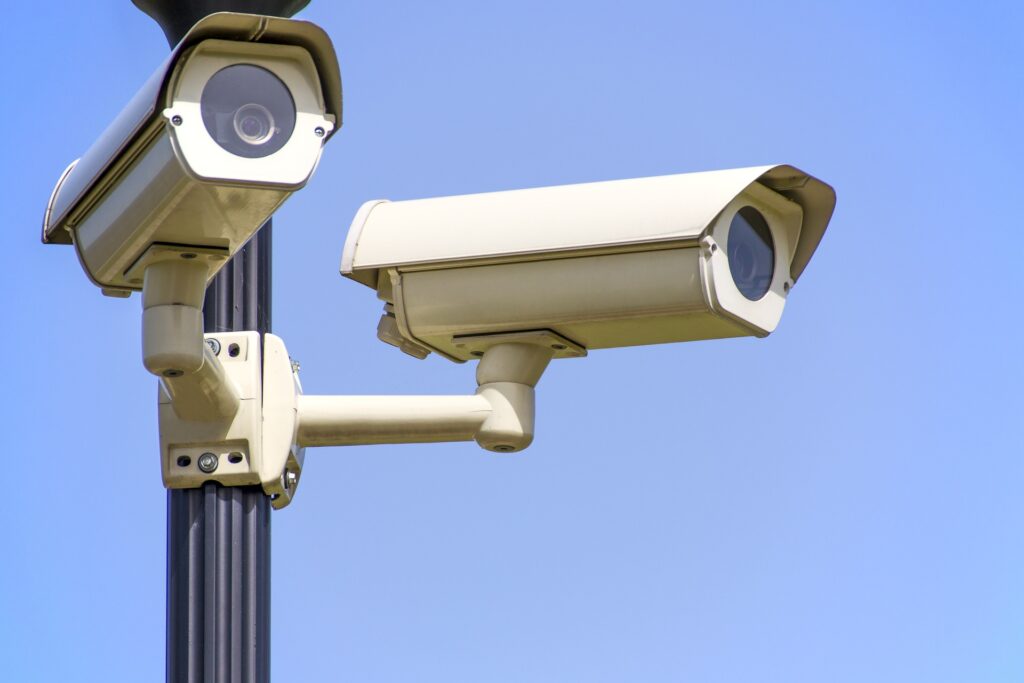Home security cameras are increasingly popular for safeguarding homes and providing peace of mind to homeowners. These devices offer the ability to monitor your property remotely, keep an eye on loved ones, and deter potential intruders. However, the rise in the use of smart home security cameras has raised concerns about the possibility of these cameras being hacked. In this article, we will explore whether it is possible to hack a home security camera, the potential risks involved, and how you can protect your privacy.

Understanding Home Security Cameras
Home security cameras come in various forms, from standalone devices to integrated systems. They are designed to capture video footage and, in many cases, audio, which can be viewed and recorded on a computer or smartphone. Key features of home security cameras include:
-
Video Surveillance: Most security cameras record video footage in real time or capture still images. This allows homeowners to monitor their property, inside and out.
-
Motion Detection: Many cameras have motion sensors that trigger recording when movement is detected, helping conserve storage space.
-
Remote Viewing: With the help of an internet connection, homeowners can view camera feeds in real time from their smartphones, tablets, or computers.
-
Storage Options: Recorded footage can be stored on physical devices like memory cards or network-attached storage (NAS) systems or in the cloud.
-
Two-Way Communication: Some cameras have built-in microphones and speakers, enabling two-way communication with anyone in view of the camera.
The Security of Home Security Cameras
The security of home security cameras is a paramount concern. Manufacturers take multiple measures to protect these devices, and users can also take steps to enhance their security. Some aspects of security related to home security cameras include:
-
Encryption: To protect the data transmitted between the camera and the user’s device, encryption protocols are typically employed. This ensures that data is transmitted securely.
-
Authentication: Users often need to log in with a username and password to access camera feeds. Strong, unique passwords are essential to prevent unauthorized access.
-
Firmware Updates: Manufacturers release regular firmware updates to address security vulnerabilities and improve camera performance.
-
Privacy Settings: Many cameras offer options to customize privacy settings, allowing users to control who can access camera feeds and recorded footage.
-
Network Security: The security of your home network, including your Wi-Fi router and network settings, plays a significant role in protecting your cameras.
Is It Possible to Hack a Home Security Camera?
The possibility of hacking a home security camera exists, but it is crucial to understand the practical aspects and challenges involved:
-
Device Vulnerabilities: Like any other electronic device, security cameras can have software vulnerabilities that hackers might exploit. However, many manufacturers actively work to patch these vulnerabilities with regular updates.
-
Weak Passwords: One common method used by hackers is attempting to log in using default or weak passwords. Strengthening your password and using two-factor authentication can protect against this.
-
Network Vulnerabilities: If your home network is not secure, it could provide a point of entry for hackers to access your cameras.
-
Unauthorized Access: In some cases, family members or individuals with access to your home may unintentionally compromise the security of your cameras.
-
Cloud-Based Storage: If you use cloud storage for your camera footage, the security of that service provider plays a role in protecting your data.
Potential Risks of Hacked Home Security Cameras
Hacked home security cameras can pose several risks:
-
Privacy Invasion: Unauthorized access to camera feeds can lead to a breach of your privacy, exposing your personal life and daily activities.
-
Burglary: Hackers who gain control of your cameras can potentially use them to monitor your home and plan burglaries.
-
Harassment: In some cases, hackers may engage in harassment, including communicating with individuals via the camera’s microphone or using it to intimidate residents.
-
Data Theft: Hacked cameras may store sensitive video footage, making it possible for hackers to steal or misuse the recorded data.
-
Network Vulnerabilities: If hackers gain access to your cameras, they may exploit your home network’s vulnerabilities for further attacks on other devices.
Protecting Your Home Security Cameras
To minimize the risk of home security camera hacking, you can take several steps to enhance the security of your devices and data:
-
Change Default Passwords: Always change the default login credentials for your cameras to strong, unique passwords. Avoid using common or easily guessable passwords.
-
Firmware Updates: Keep your camera’s firmware up to date by installing the latest updates provided by the manufacturer.
-
Network Security: Secure your home network by using a strong Wi-Fi password, enabling WPA3 encryption, and regularly reviewing network settings.
-
Privacy Settings: Customize your camera’s privacy settings, limiting access to only trusted users and devices.
-
Two-Factor Authentication: Enable two-factor authentication (2FA) if your camera supports it. This adds an extra layer of security by requiring a secondary authentication step.
-
Regularly Review Camera Feeds: Periodically check your camera feeds for any unauthorized access or unusual activity.
-
Use Secure Cloud Storage: If you use cloud storage, opt for reputable, secure providers known for their robust security measures.
-
Physical Security: Ensure that physical access to your cameras is restricted, preventing tampering or unauthorized changes.
Conclusion
While the possibility of hacking home security cameras exists, the risks can be significantly minimized by following security best practices. Regularly updating firmware, using strong passwords, enabling 2FA, and securing your home network are effective ways to protect your cameras and your privacy.
Home security cameras remain valuable tools for enhancing safety and peace of mind. By taking the right precautions and staying informed about the latest security measures, you can continue to benefit from these devices without undue worry. Remember that most security breaches can be prevented with careful consideration of your camera’s security settings and how you use them.